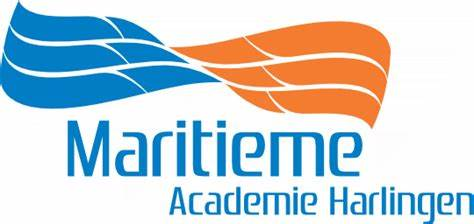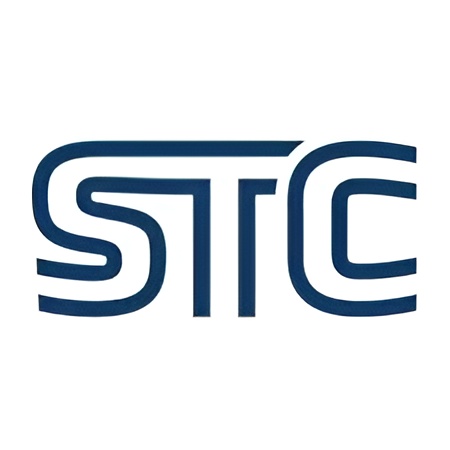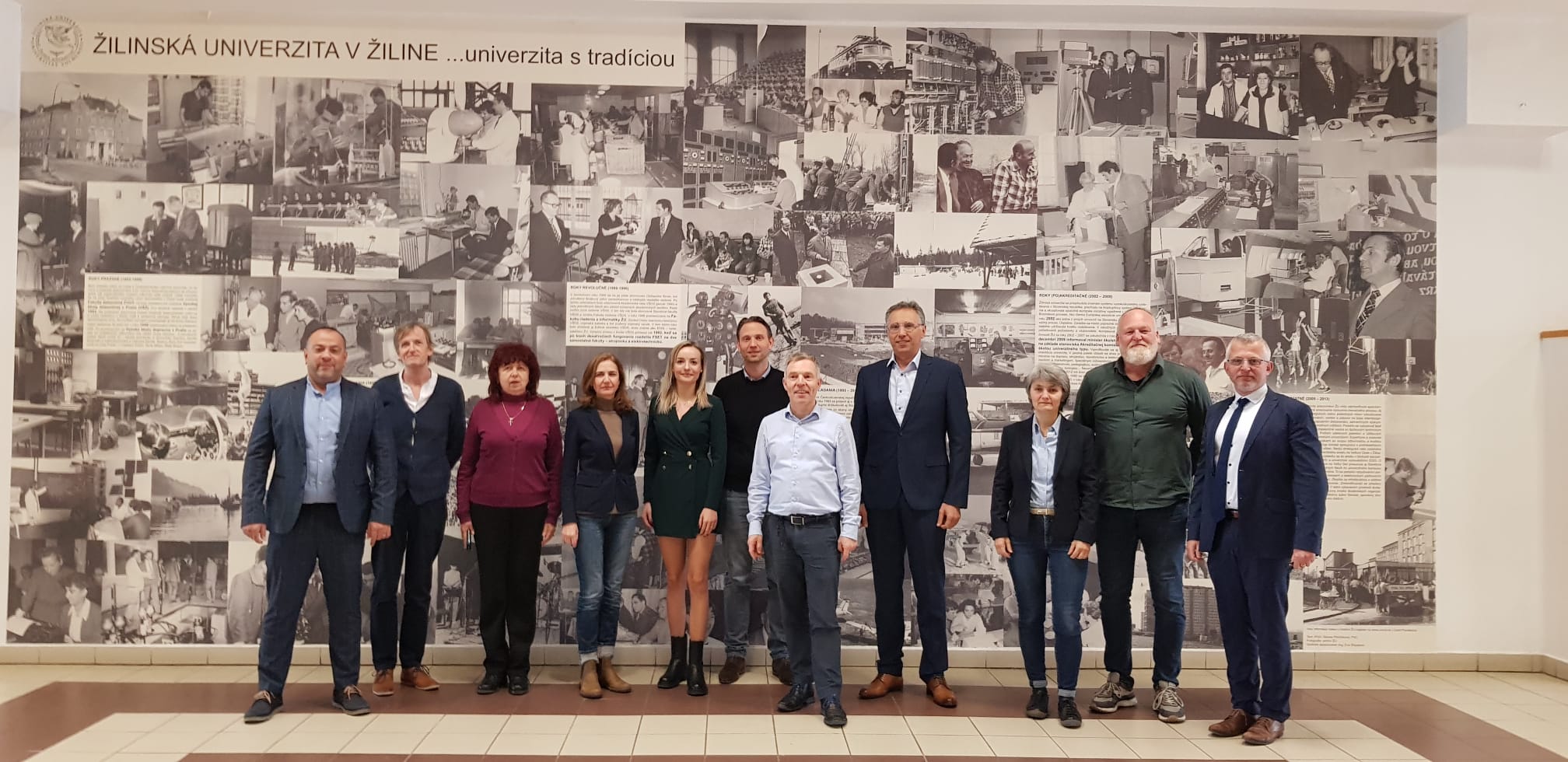
1System4IWT Learning is a European cooperation project of seven project partners: University of Zilina (Slovakia), Schiffer-Berufskolleg RHEIN (Germany), Ceronav (Romania), University of Craiova (Romania), Fachhochschule Oberösterreich (FHOO ) (Austria), Maritime Academy Harlingen (the Netherlands) and Stichting STC-Group as lead partner (the Netherlands).
The Department of Water Transport is one of the profile departments of the Faculty of Operation and Economics of Transport and Communications at the University of Žilina in Žilina. The Department was established in 1991 as a result of the lack of well-qualified staff who could work in the field of inland navigation in Slovakia. The study of water transport is modern, innovative, and interesting. The theoretical training is of high quality, including subjects recommended by practice. The innovative study includes a virtual environment in which students verify the acquired knowledge on a vessel control simulator in the department’s specialized laboratory. Students will support their theoretical knowledge in practice through excursions in ports, transhipments, waterworks, and institutions dealing with water transport. The Department of Water Transport closely cooperates with practices and companies that are among the largest and best in the field of water transport: • Ministry of Transport of the Slovak Republic, The “Schiffer Berufskolleg RHEIN” in Duisburg is nationally unique with its professional focus on the topics of ships and ports, boasting a tradition of around 130 years. CERONAV is a self-financed public national institution subordinated to the Ministry of Transport, set up in 1976 and currently providing over 200 courses, under STCW 2010 and beyond, for seafarers and river, port and offshore rig personnel. CERONAV has an experience of over 40 years in waterborne training and gained international recognition as leading centre in South East Europe. CERONAV’s teaching staff consists of captains, chief engineers and electricians with extensive experience at sea and solid knowledge of maritime and inland navigation. 85 trainers and other 138 employees working in economic, commercial, administrative and other departments currently ensure well-functioning of the organization for an average of 12.000 trainees per year, according to the figures of 2017 – 2019 period. CERONAV operates in 2 premises and a training campus in Constanta equipped with performant simulators and practical training facilities and has a unit specialized in training of inland navigation personnel as well as an Information and Training Centre in Galati. The University of Craiova (Romanian: Universitatea din Craiova) is a public university located in Craiova, Romania. It was founded in 1947, initially with four institutes, in the Palace of Justice of Craiova. It is the largest university in the historical Oltenia province of Romania. It was the last university established in the Kingdom of Romania. It was the fifth university in Romania officially approved by the Ministerial Council of the Socialist Republic of Romania in 1965, with seven faculties: Mathematics, Philology, Electrotechnics, Agriculture, Horticulture, Chemistry and Economics. The university is a member of the European University Association. It currently includes a total of 16 faculties and two colleges for undergraduate and postgraduate programmes. Our motto: Teaching and learning with pleasure – researching with curiosity By means of regional and global networking with business, society, public institutions and research and educational institutions, we create training, innovation and knowledge, added value and sustainability. The Maritime Academy provides education for all navigation areas (inland navigation, coastal navigation, maritime navigation) and logistical port activities. It covers a range of professions, from skipper to ship engineer, from sailor to captain, and from port operations staff to port, transport, and logistics manager. With a seamless transition between different levels in preparatory, secondary, and higher vocational education. STC Group is a worldwide operating educational and research institution for the shipping, logistics, transport and process industries. In the public domain STC Group offers preparatory vocational education (vmbo), senior secondary vocational education (mbo) and higher professional education (hbo) under the Dutch system. In the private domain it offers accredited master’s-level courses (fulltime and part time), business courses, training and consultancy. Philosophy of education While hearing and seeing leads to fleeting, temporary knowledge, doing and experiencing is what makes the difference in acquiring the right skills. STC Group is convinced that this approach works best. Students are only properly trained once they have attained the right combination of knowledge, skills and appropriate behaviour. This applies both to younger employees who are just starting out in their careers and to experienced workers looking to maintain their professional knowledge or advance their careers. STC Group therefore offers both knowledge transfer in the form of classes and coursework and a stimulating practical and simulation environment in which participants and students are given the opportunity to acquire substantial relevant experience. International activities Rather than limiting its scope to the Netherlands and Europe, STC Group actively shares its knowledge and experience with others all over the world. Our global network enables us to contribute significantly to the global labour market for transport in all its facets.
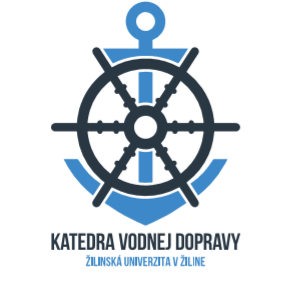
• Transport Authority, Inland Navigation Division,
• SPAP, a.s.,
• LOD, a.s.
• Verejné prístavy, a.s.,
• Slovenský vodohospodársky podnik,
• DHL International Slovakia, s.r.o.,
• Kuehne+Nagel and other.

Duisburg, the port, and inland shipping are closely connected. It is logical, therefore, that the professional group of inland sailors, with their specific requirements, also has its educational home in Duisburg. Unlike other professional groups, inland sailors, due to the nature of their training vessels – inland ships that travel all across Europe from the Black Sea to the Atlantic – cannot attend vocational school classes on a weekly basis as part of their dual education.
Hence, on January 18, 1892, in close proximity to the largest inland port in Duisburg, the first school class for the training of inland sailors was established. Today, the Seafarer Vocational College RHEIN in Duisburg-Homberg educates more than 350 aspiring inland sailors annually using a block system. Apprentices come to Duisburg for an average of 13 weeks each year for schooling, spending the rest of the year on ships in Europe with shipping companies or private shipowners.
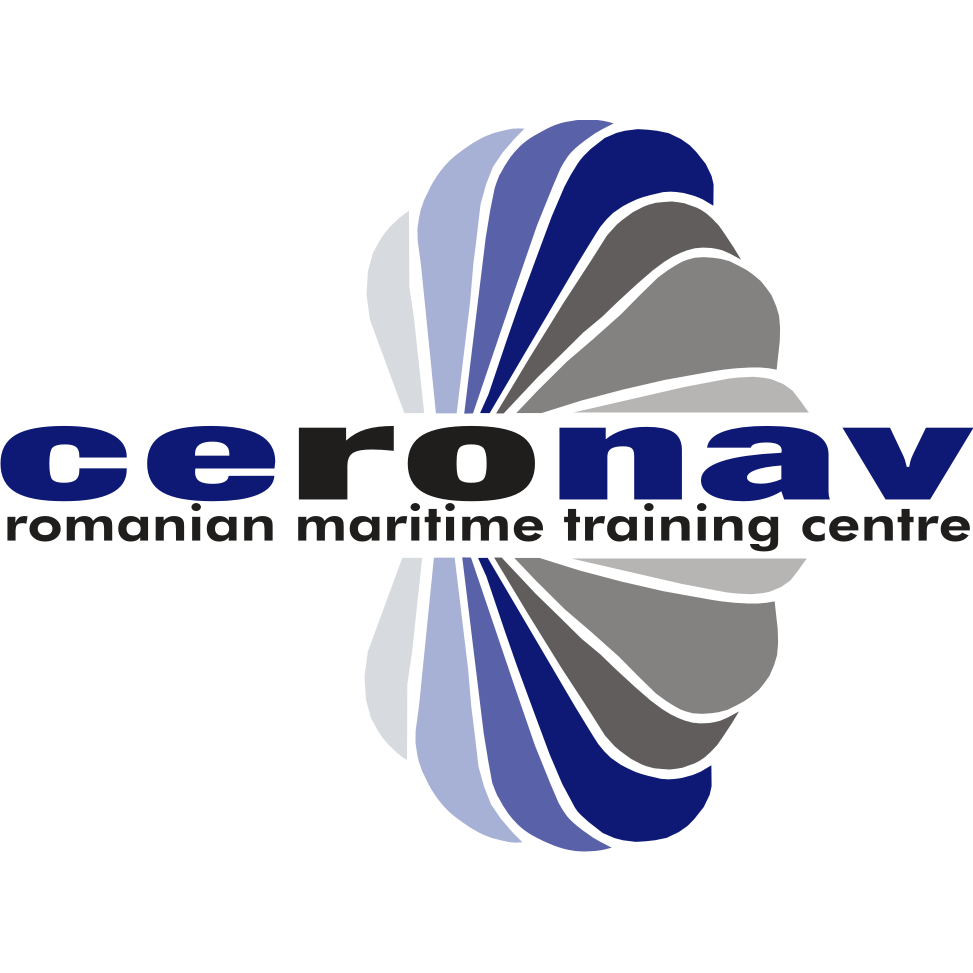
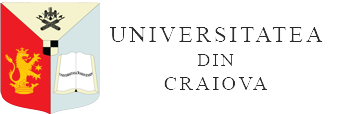
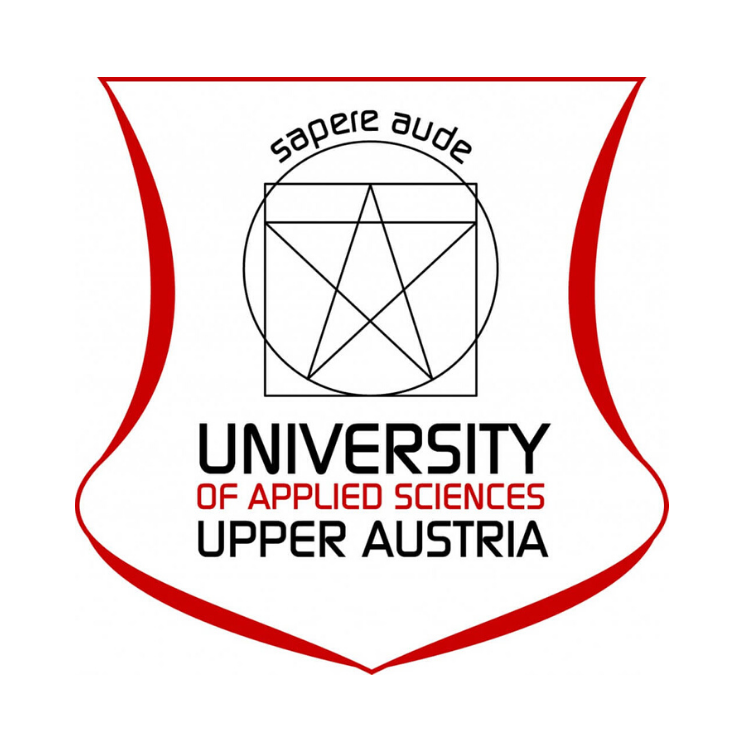
We teach and do research at university level while maintaining practice-orientation and the highest quality standards.
In our teaching, we offer students comprehensive assistance and support them in their motivation and self-driven efforts. Innovative teaching and learning styles as well as dynamically evolving curricula are our signature features.
Our research and development activities aim at tackling the challenges of the future. We actively help shape them. As a competent partner, we develop solutions and support the transfer of knowledge.
In the following fields of competence, we assume a role of thematic leadership:
We are an integral part of Upper Austria with all its business and educational opportunities. We set important impulses for growth and production.
The motivation and competence of our staff, our students and our graduates are the basis of our success.
